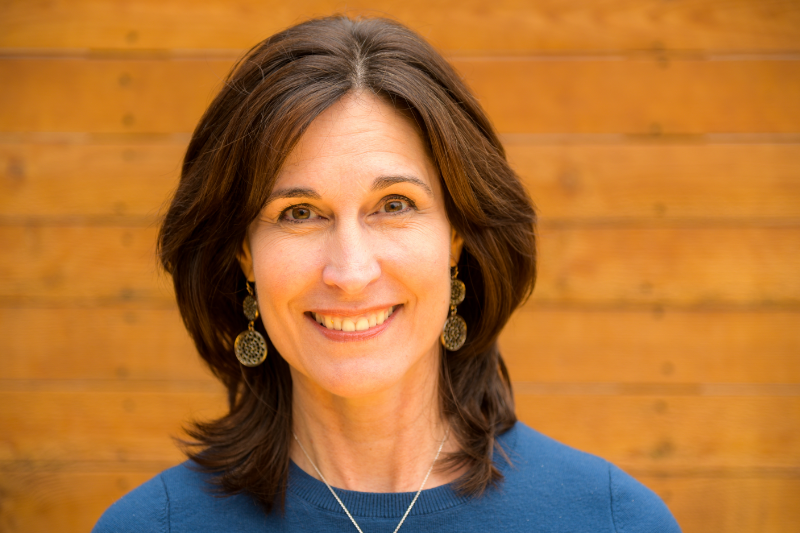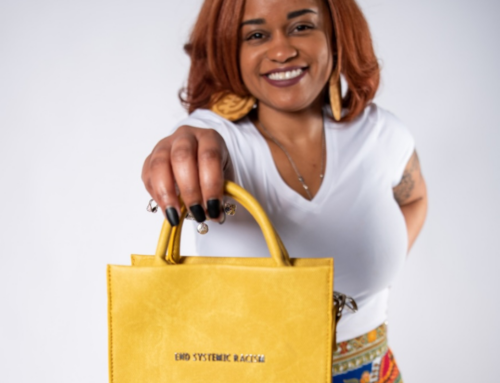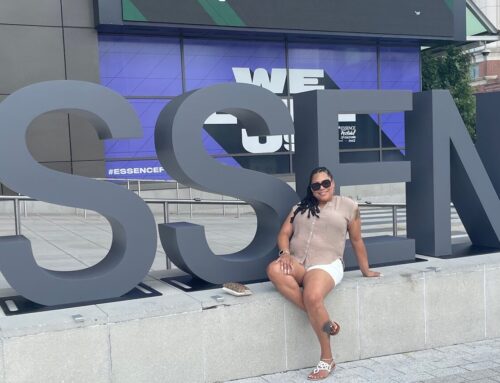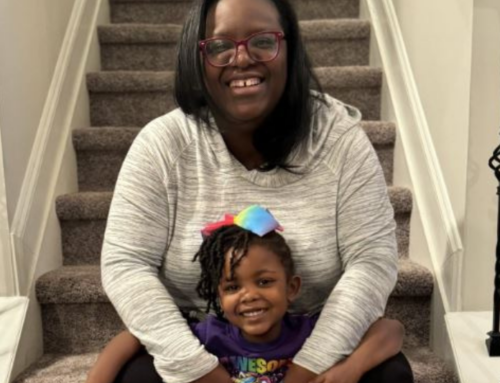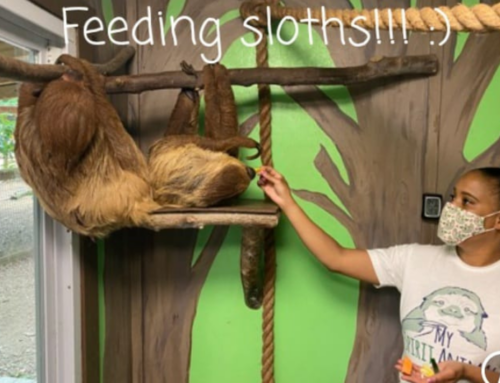While today’s worldwide pandemic seems to have made a virtual working environment as commonplace as mask-wearing, 15 years ago, it was a rarity. But in 2006, Georgetown University faculty member Elizabeth Waetzig learned that her husband was offered an out-of-state position and that a move to pursue that opportunity made the most sense. By chance, her close friend and fellow Georgetown colleague, Rachele Espiritu, received similar news. It was then that the two began to innovate.
“I started wandering into her office, sitting there, and saying, ‘Let’s say we’re doing the same work we do in partnership with each other and we weren’t doing it here — what would that look like?’” Elizabeth said.
Both professionals using their backgrounds to champion equity in the fields of mental and behavioral health, evaluation, and more, the two began to structure a consulting business. Interested in advice from others who had made the leap before, they asked Georgetown colleague Suganya Sockalingam for advice. Before long, Suganya joined their efforts, and the foundation was laid for Change Matrix (CM). Now, a decade and a half after that leap into virtual work, Elizabeth looks back fondly on the decision she made. As year 15 begins, she reflected on why she made the leap, the achievements she and CM have made, and goals going forward.
Equity is the basis of CM. Why did you decide to build a company around that value?
The three of us are rooted individually in equity from different perspectives. Suganya will tell her story around coming to this country. Rachele will as well. And they both will talk about their lived experience with discrimination and oppression. And my lived experience is really as an observer of all that was not fair. I mean, I was reading books when I was a young kid about injustices and mostly on race and ethnicity. By the time I got to Georgetown, one of the things Suganya and I were really interested in professionally was this nexus of conflict and cultural competence — you can’t think about becoming culturally competent without thinking about conflict. And we kind of reframed that as managing the dynamics of difference because that’s really at the heart of what this is. It’s thinking about, “Who am I? I don’t have the whole picture. How do I work hard to understand the real experiences of people who don’t look like me, don’t think like me, and then work to make sure that there is an inclusive system that they can thrive within?” That’s going to involve conflict. My work is really about getting people who see things differently to create something that is mutually beneficial or acceptable so that at least you can move forward together and learn together.
You have a background in law and so much of legal training revolves around seeing and understanding all angles of an issue. Did that help to ground you in equity work?
There’s a “both, and” there. My parents are people who have been of service to the world and really aware of their own privilege — maybe not as white people so much, but as people with a lot of economic and social privilege. And they have made a life’s work of being of service to those without that level of privilege, so I’ve grown up with that dynamic at home. I grew up being told and incorporating the sentiment that if you’ve been given a life of privilege and you’re lucky enough to be born into an intact family with resources and all sorts of opportunities, you have a responsibility to understand that you’re privileged and then to do something about it.
What’s interesting about the law for me — that’s very distinct from research — is that you start with an answer and you have to build a justification for the answer. So, I was starting with, “My client should have this outcome and I’m going to find all the evidence to support that.” The clients that I took in child welfare and in the juvenile justice system, they educated me so much about not only a life that looked nothing like mine but also the systems that made their lives so much harder. I was young and I was deeply impacted by the suffering that these folks endured.
Year, after year, after year, these systems were supposed to help them, and it made me so angry that they weren’t. And I just didn’t see a way in the law to do something about that. So, when I became a mediator — not that long after I graduated — what I learned was that the power of self-determination. The ability to gather people together who were in stress and hold space for them to figure out what was best for their own lives was so powerful to me and it really guided my work, showing me that people with lived experience should be making the decisions and that the people who are most impacted should be the most engaged in research. So, I think those were really big turning points for me.
When you look back on all the different projects you’ve undertaken since CM’s beginning, what’s something that you’re proud of achieving and something that you’re still striving for?
There are a couple of things, when I reflect back, that I’m super proud of. One of them is that when I think about Suganya, Rachele, and I, we have “walked the walk” in terms of our own relationship. We have gently held each other accountable through learning in the space of equity. Not one of us believes that we are the expert, not one of us believes that we don’t have something to learn, and it has been an extraordinary opportunity to be with really smart and passionate women who have different perspectives and be humbled by that and also feel like we have something to contribute. And in this time, I think white people can and should be looking for authentic contributions that are not based in white supremacy — and that’s really hard. And it’s our responsibility. We are still on that journey, and I’m proud of that.
I’m also proud of the fact that CM started to get known as a set of people with qualifications and tools for all of the equity-minded things that we do. We’ve lent that to the work, and it feels unique to me that we’ve come as a company with values and relationships and a collective sense of who we are into all of our work — but our work is not done, and it never will be.
What’s a project that stands out to you?
Looking forward, I’m thinking about things like our opportunities alone to share our abilities with the Transforming Academia for Equity project. We get to work with folks who are in that space to gather, convene, and provide support to academia that needs to transform, who believe that they need to transform. And I’m super excited about the project-wise.
Fifteen years on, what is CM still striving to accomplish?
I think that we have work to do in figuring out how we do our work in a wholly inclusive space. So, we have 19 people right now, we are shifting a little bit in terms of employees leaving and coming — and we’re always shifting. I look for ways to do our work in the most inclusive way possible, where the voices of people who have not historically been heard, absolutely have a say, a platform, and an opportunity to go out there and — with our support — make amazing transformative change. I also think we have some work to do around what it means to be a white bystander. I’m liking that language because “ally” maybe assumes something that we shouldn’t assume, but as bystanders, we’ve got responsibility as people who work on this for people who want change to happen but don’t have the experiences and who don’t live it every day. Frankly, I can go out of my office and not feel the weight of the discrimination and oppression and inaccessibility that so many of my colleagues feel personally. So, what does it mean to be a bystander? What does it mean to be in this space? I think CM has an extraordinary opportunity to help figure that out and support that work moving forward.
